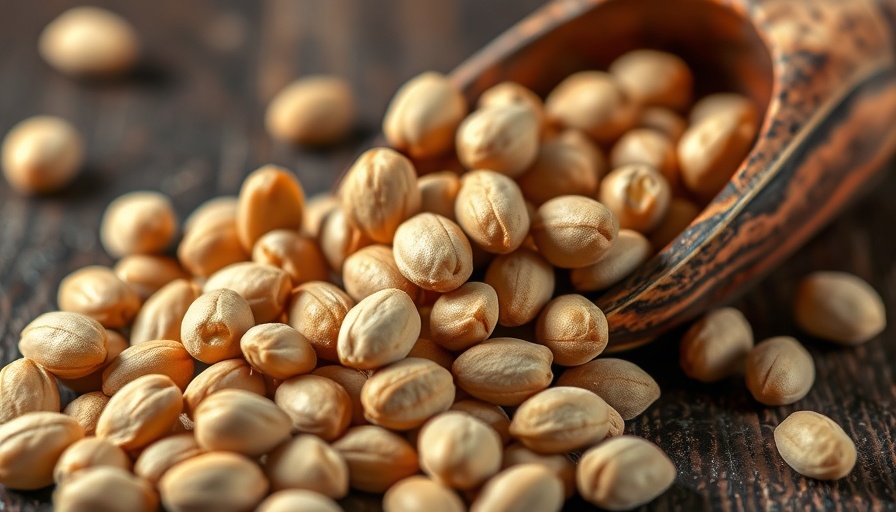
Unveiling Pine Mouth Syndrome: Understanding the Bitter Truth
If you've ever indulged in a tasty dish with pine nuts, only to be met with a bewildering metallic taste days later, you might be one of the unfortunate victims of Pine Mouth Syndrome (PMS). This phenomenon, scientifically known as cacogeusia, can linger for up to two weeks post-consumption, disrupting your culinary enjoyment and overall well-being.
What Causes Pine Mouth Syndrome?
Pine Mouth Syndrome is linked to specific varieties of pine nuts, especially those from the Chinese white pine tree. While there are over 100 species of pine, fewer than 30 are considered edible by the Food and Agriculture Organisation. In fact, researchers have discovered that most reports of PMS are associated with these non-edible species, which are sometimes mistakenly sold alongside safer edible varieties.
Identifying Toxic Pine Nuts: A Close Call
In an interesting twist, a study subjected participants to Chinese white pine nuts, revealing that almost all developed the troubling symptoms associated with PMS. This underscores the urgency for consumers to be aware of what they’re eating. Some culinary enthusiasts may be drawn to pine nuts for their flavor, unaware they might be ingesting a toxic variant that could lead to prolonged bitterness.
Why Are Pine Nuts Still on the Market?
Despite the European Union’s ban on these toxic pine nuts from China, they can still be found in products across the United States, raising concerns. Middle to high-income consumers, particularly professionals and fitness enthusiasts, may want to be extra vigilant. This demographic often prioritizes health-conscious choices and nutritious meal planning but may unknowingly include risky ingredients in their diets.
Solving the Pine Nut Dilemma
For those of you who enjoy a nutty crunch in your meals, consider substituting pine nuts with walnuts. Not only are walnuts an excellent source of omega-3 fatty acids, but they are also associated with a lower risk of chronic diseases. They provide a wealth of essential nutrients that support men's health and fitness, making them an ideal choice for meal prep and energy boosting.
Practical Tips for Healthier Eating
To safeguard against Pine Mouth Syndrome and other dietary pitfalls, prioritize reputable sources for your ingredients. Seek out organic brands or local suppliers who can guarantee the types of nuts they sell. Additionally, educate yourself on the labels—those imported from China may carry a higher risk for toxicity. This knowledge empowers you to make healthier decisions that can positively impact your nutrition and overall fitness.
Engaging with the Community
The online community has shown remarkable resilience and humor in response to Pine Mouth Syndrome, as seen in forums like “Damn you, Pine Nuts.” Sharing experiences can help individuals feel less isolated and more informed about their health challenges. By discussing these experiences, you can help others navigate potential dietary issues while promoting a culture of health awareness.
In conclusion, the misadventures of Pine Mouth Syndrome can serve as an important reminder of the need for caution in our food choices. As we continue our journeys toward better nutrition and fitness, let's remain vigilant about what we consume. Whether it's meal planning or evaluating new supplements, being informed remains the best strategy for maintaining optimal health.
 Add Row
Add Row  Add
Add 




Write A Comment